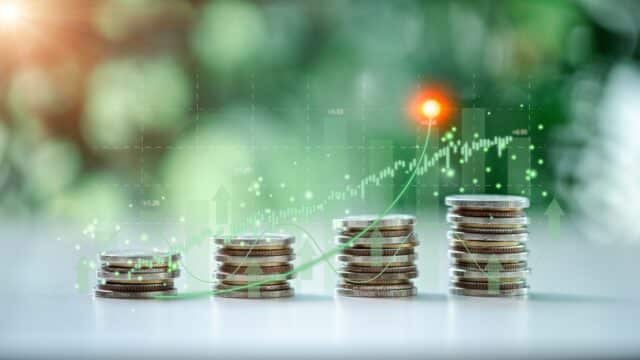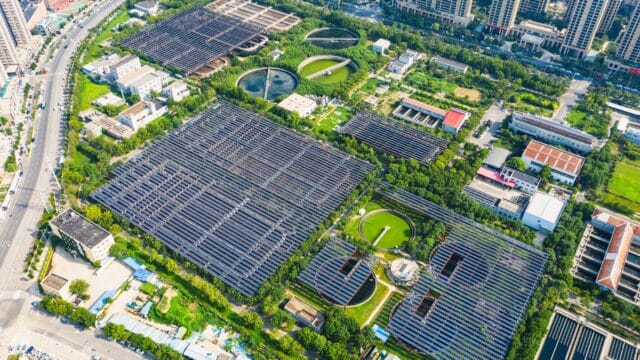Articles
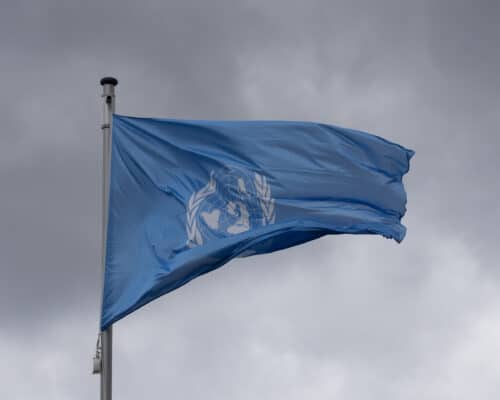
The G7 Summit and the Bonn Climate Conference 2025 Fail to Deliver, Mounting Pressure on COP30
Military conflicts, trade wars and geopolitics distracted attention from the climate crisis at this year's Bonn Conference and G7 Summit. However, as the Paris Agreement marks its tenth anniversary, countries should demonstrate ambition in their NDCs and use COP30 to outline a clear vision for the next and most important decade for global climate action.
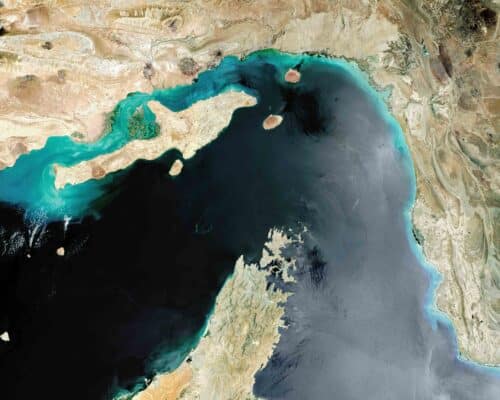
Japan Most at Risk from Disruption in the Strait of Hormuz
Japan’s economy relies on access through the Strait of Hormuz, two-mile-wide shipping lanes that carries 80% of the crude and LNG the country burns daily. With regional tensions simmering, even a brief blockade of the Strait could send energy prices skyrocketing and highlight Tokyo’s need to accelerate its pivot to domestic renewables.
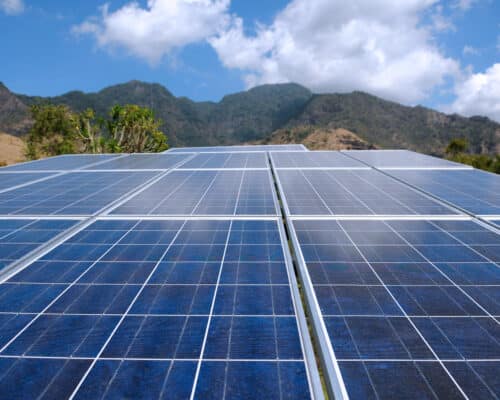
Indonesia’s RUPTL 2025-2034: New Electricity Supply Plan Misses the Mark
Indonesia’s new electricity plan signals a setback for clean energy. Increased reliance on fossil fuels and no clear plan for coal phaseout threaten both climate goals and economic growth. Despite abundant renewable resources, the country prioritises gas and coal, risking higher costs, environmental harm, and missed opportunities to lead in Southeast Asia’s clean energy transition.

The Energy Transition and Biodiversity: East Kalimantan Case Study [Op-Ed]
Indonesia’s ongoing coal expansion threatens vital biodiversity hotspots, risking species extinction and disrupting ecosystems crucial for human survival. Urgent action is needed to protect key biodiversity areas, accelerate renewable energy development and shift away from fossil fuels to safeguard nature and the country's long-term energy security.
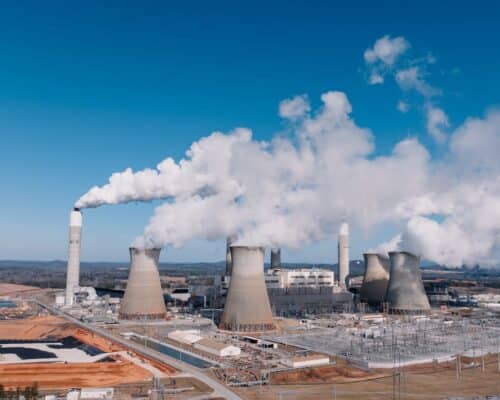
Fossil Fuel Divestment Scorecard: Japan “Dirtiest” Financier
Japanese banks have again emerged as the leading fossil fuel financiers in the region, while Southeast Asian financial institutions also play a prominent role. According to the report’s authors, their actions undermine the food security, biodiversity and health of millions in the region.

Data Centres at a Crossroads: Clean Power or Carbon Risk?
Southeast Asia’s booming data centre industry risks deepening fossil fuel dependence and undermining climate goals unless swift action is taken. Integrating renewable energy and improving grid decarbonisation is crucial to ensuring the region’s digital growth supports a sustainable and secure energy future.
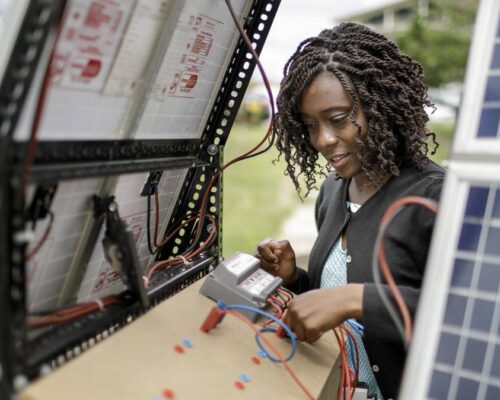
Solar Energy in Kenya: East Africa’s Renewable Front-runner
Kenya is a leading force in East Africa's renewable energy transition and has a growing segment of its private sector focusing on solar energy. With a target of reaching 100% renewable energy by 2030, solar is positioned to see significant growth in the second half of this decade.
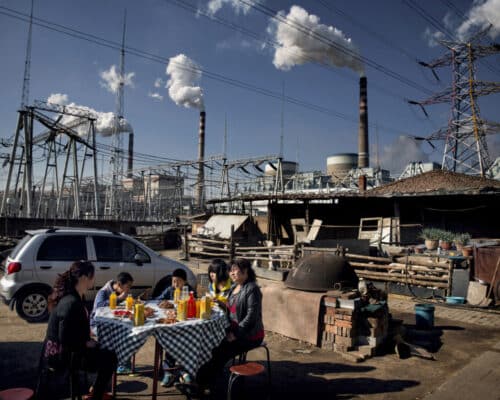
Stranded Assets Linked to MDB Finance Trigger Asia’s Economic Tailspins
Many Asian countries, including Bangladesh, face the economic fallout of investing in stranded fossil fuel assets. Despite billions spent on gas pipelines and power plants, these projects remain largely unused, highlighting the urgent need to shift towards affordable, renewable energy solutions.
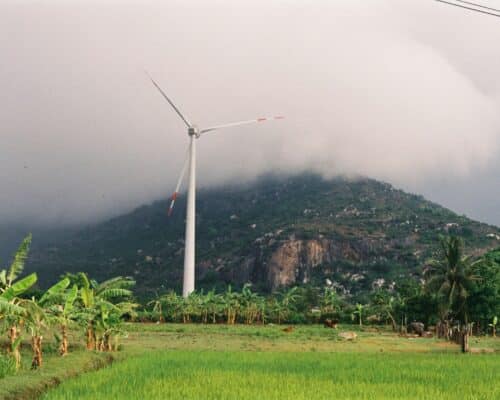
Redefining Energy Security in Southeast Asia: Renewables, Not Fossil Gas, Are Key to Net Zero [Op-Ed]
As geopolitical tensions and economic uncertainties intensify, it is becoming increasingly clear that overreliance on external energy sources poses significant risks to Southeast Asia’s economies and the well-being of its communities. The region must redefine energy security to achieve sustainable growth, climate resilience and energy security, with electrification, domestic renewables and stronger regional cooperation at its core.

LNG Investments Expand Gas Fleets in Japan, China and South Korea
Despite the urgent need to transition away from fossil fuels, global investments in LNG shipping are soaring, locking in decades of emissions and risking stranded assets. Experts warn that building new LNG carriers is both climate-destructive and economically unsustainable, emphasising the importance of shifting investments toward renewables to meet climate targets and ensure financial stability.

The 46th ASEAN Summit Ends With Pledges For Climate Action and Plans For More Fossil Fuels
The 46th ASEAN Summit in Kuala Lumpur concluded with numerous positives for regional cooperation and strengthened connections with China and other developed Asian nations. However, it also revealed that, despite all the talk about protecting communities from the impacts of climate change, leaders are determined to continue relying on fossil fuels.
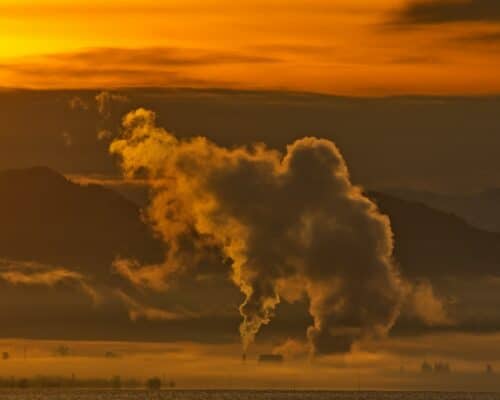
China’s CO2 Emissions Fall For the First Time
China's accelerated renewable energy deployment has allowed it to slash emissions and unlock the numerous benefits of the green energy transition, giving Southeast Asian nations a push to recognise and capitalise on the benefits of decarbonising their economies — from cost-cutting and energy security to ensuring a liveable future.
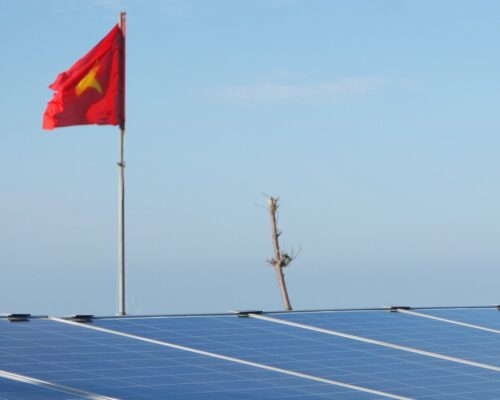
Vietnam’s Solar Energy Boom: Lighting Up the Future
Vietnam has undergone one of the largest solar booms in Asia. This boom results from favourable government policies, rapidly growing energy demand and ideal conditions for solar energy. The country's updated Power Development Plan 8 will continue this trajectory, with solar making up most of the country's energy supply by 2050.

When Emission Cuts Are Just Paperwork – The Cookstove Credits Backed by Korean Companies [Op-Ed]
Major Korean companies, including Samsung and SK Group, are backing carbon offset projects that significantly overstate their emission reductions—by an average factor of 18.3. This widespread over-crediting not only undermines global climate efforts but risks turning corporate ESG pledges into nothing more than greenwashing.
Most Popular
Most Popular
Categories
-
10
-
34
-
126
-
4
-
17
-
46
-
52
-
11
-
10
-
15
-
24
-
6
-
1
-
5
-
6
-
283
-
200
-
17
-
24
-
1
-
1
-
23
-
41
-
44
-
88
-
18
-
86
-
41
-
17
-
11
-
43
-
54
-
86
-
299
-
22
-
44
-
36
-
11
-
42
-
36
